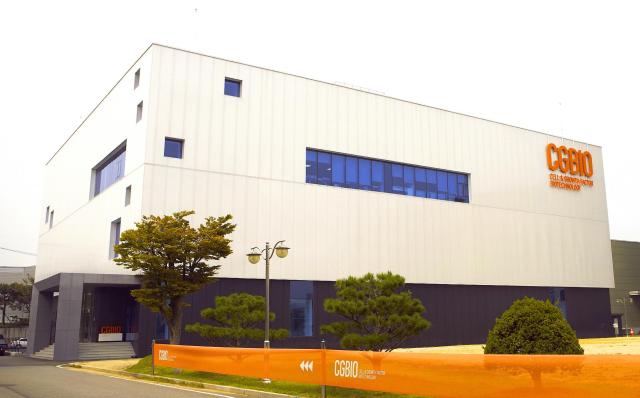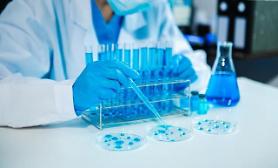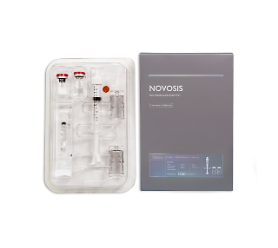
SEOUL -- "Novosis Putty," a bone substitute developed by South Korea's healthcare provider CGBio was approved by the United States Food and Drug Administration as a medical device. Medical products designated by the health department can receive priority reviews for the evaluation process for commercialization.
Novosis Putty is a bone regeneration material that incorporates recombinant human bone morphogenetic protein called "rhBMP-2." Doctors can inject the bone substitute in various shapes required by their patients. According to data cited by CGBio, the bone substitute market in North America is projected to grow to $780 million in 2029 from $660 million in 2022.
CGBio said on January 2 that Novosis Putty was designated as a medical device by the U.S. Food and Drug Administration (FDA). The South Korean company is currently carrying out a pre-clinical trial in the U.S. to figure out Novosis Putty's ideal dosage. CGBio will apply for the product's confirmatory clinical trial, designed to verify a solution's safety and efficacy for specific usage, in the U.S. in the first half of 2024.
"The breakthrough device designation for NOVOSIS PUTTY is further proof of CGBio's technological prowess, innovation, and potential. With the designation's emphasis on quickly bringing beneficial products to market, we are committed to helping more patients overcome diseases and return to healthy lives through NOVOSIS PUTTY," CGBio CEO Yu Hyun-seung said in a statement.
CGBio gave a positive outlook on its business in North America, citing a growing need for bone replacement materials and an aging society that increased the number of patients with disk diseases and senile fractures. Spine fusion surgery is crucial to treat disc diseases that do not improve even with conservative and drug treatment. This procedure involves removing a problematic disc and inserting a cage filled with autogenous bone or bone substitution.
Copyright ⓒ Aju Press All rights reserved.




